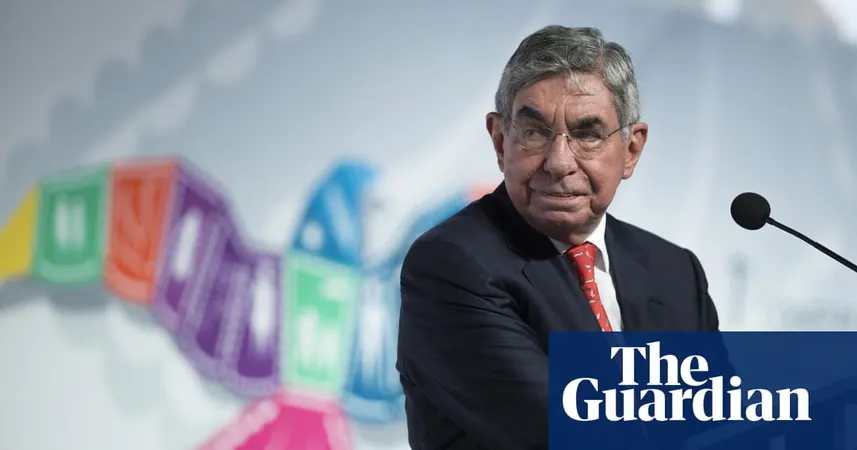
Ex-Costa Rica President's US Visa Revoked After Trump Criticism—Is This Political Retaliation?
2025-04-02
Author: Emma
Ex-Costa Rica President's US Visa Revoked After Trump Criticism—Is This Political Retaliation?
In a shocking turn of events, former Costa Rican president and Nobel Peace Prize laureate Óscar Arias announced on Tuesday that the United States has revoked his visa just weeks after he lambasted Donald Trump on social media, likening the former president to “a Roman emperor.”
Arias, who served as president from 1986 to 1990 and again from 2006 to 2010, has long been an advocate for peace and diplomacy, famously winning the Nobel Peace Prize in 1987 for his instrumental role in mediating peace during the tumultuous Central American conflicts of the 1980s. Notably, during his last presidency, he championed a free trade agreement with the U.S. and established diplomatic relations with China in 2007.
In a recent statement, the 84-year-old politician revealed, “I received an email from the U.S. government informing me that they have suspended the visa I have in my passport. The communication was very terse, it does not give reasons. One could have conjectures.” While he refrained from specifying his suspicions, the timing of the visa revocation raises eyebrows.
Back in February, Arias criticized President Rodrigo Chaves' administration for allegedly capitulating to U.S. pressure, particularly in efforts to curb China’s growing influence in the region. He stated, “It has never been easy for a small country to disagree with the U.S. government, and even less so when its president behaves like a Roman emperor, telling the rest of the world what to do.”
This criticism coincided with a broader trend: the U.S. recently withdrew visas from three Costa Rican lawmakers who opposed the government's exclusion of Chinese companies from participating in the country’s 5G development, following American demands. Adding to the drama, another opposition lawmaker lost her visa shortly thereafter.
The situation has sparked discussions about the implications of U.S. foreign policy in Central America. It raises concerns about the extent of American influence over smaller nations, especially when it comes to issues involving national sovereignty and relations with global powers like China. U.S. Secretary of State Marco Rubio had also visited Costa Rica in February, offering to assist Chaves in "punishing" officials who collaborate with foreign entities that threaten the nation’s cybersecurity.
As this geopolitical drama unfolds, questions remain: Is this a warning to other leaders contemplating criticism of U.S. policies? Will further actions follow? One thing is clear: the relationship between Costa Rica and the U.S. could face new challenges in the wake of these incidents.
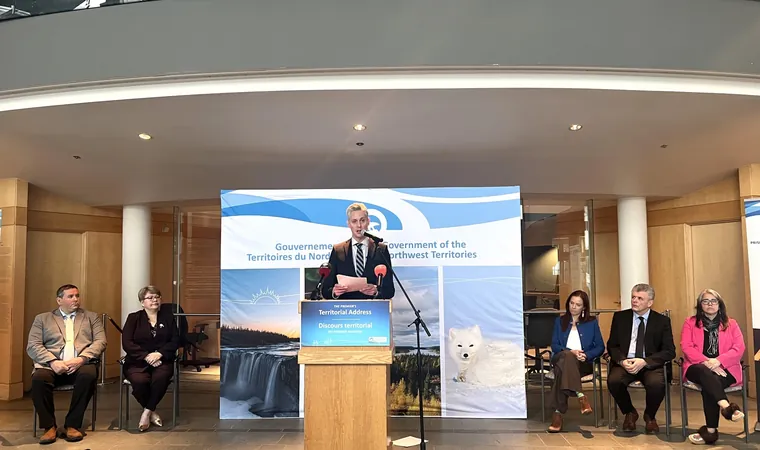
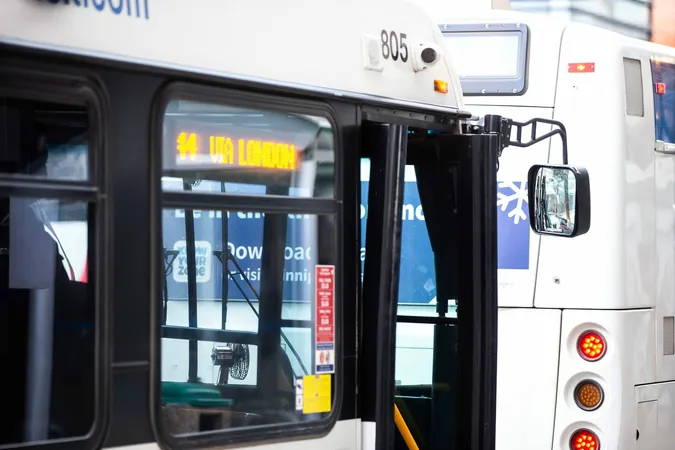
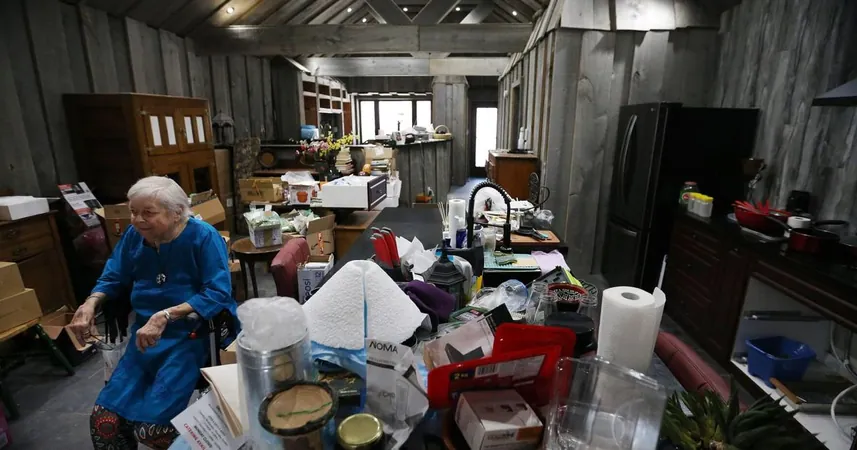


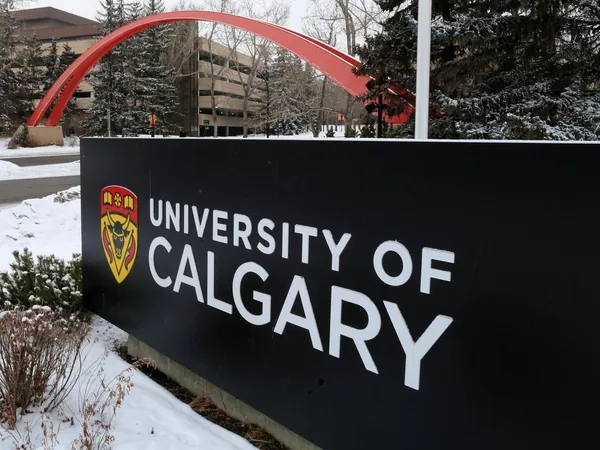
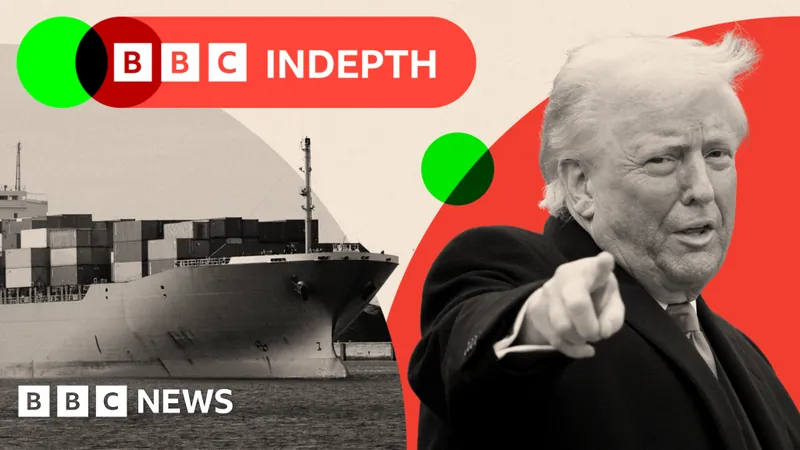

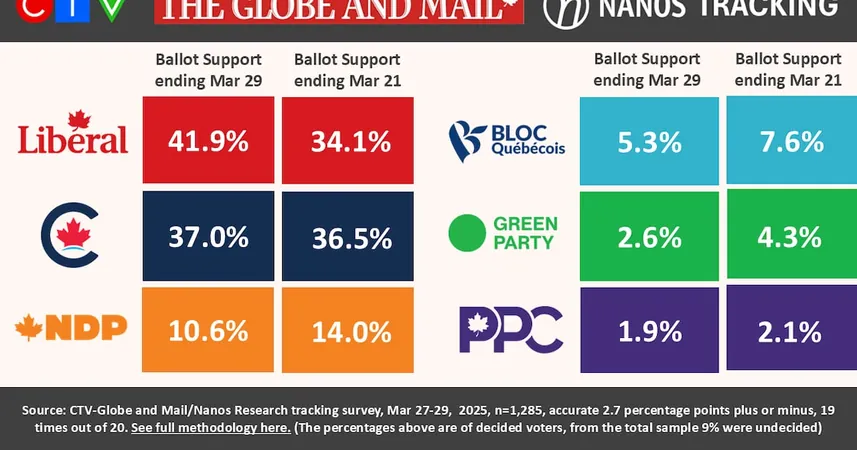
 Brasil (PT)
Brasil (PT)
 Canada (EN)
Canada (EN)
 Chile (ES)
Chile (ES)
 Česko (CS)
Česko (CS)
 대한민국 (KO)
대한민국 (KO)
 España (ES)
España (ES)
 France (FR)
France (FR)
 Hong Kong (EN)
Hong Kong (EN)
 Italia (IT)
Italia (IT)
 日本 (JA)
日本 (JA)
 Magyarország (HU)
Magyarország (HU)
 Norge (NO)
Norge (NO)
 Polska (PL)
Polska (PL)
 Schweiz (DE)
Schweiz (DE)
 Singapore (EN)
Singapore (EN)
 Sverige (SV)
Sverige (SV)
 Suomi (FI)
Suomi (FI)
 Türkiye (TR)
Türkiye (TR)
 الإمارات العربية المتحدة (AR)
الإمارات العربية المتحدة (AR)